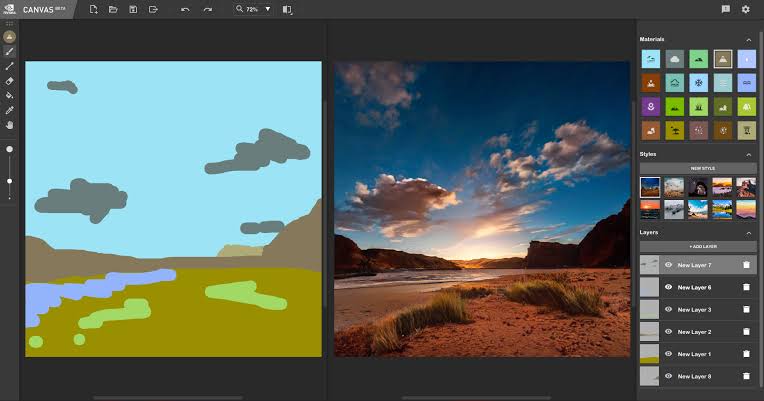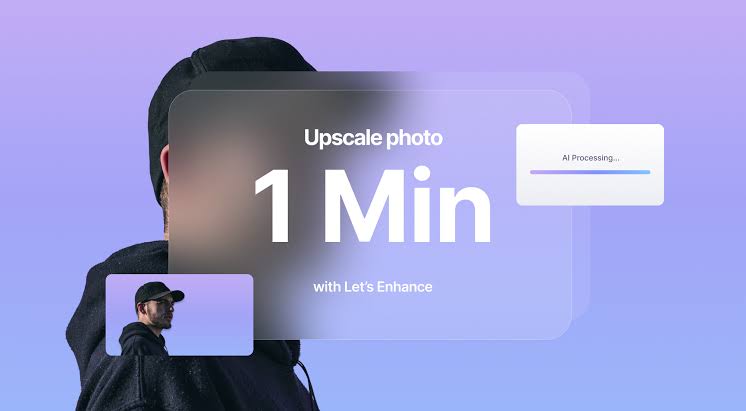Introduction:
Becoming a game developer is a dream career for many people who are passionate about video games. But how do you get started in this competitive field? In this blog post, we’ll provide a step-by-step guide on how to become a game developer.
Step 1: Build a foundation of knowledge
Before you can become a game developer, you need to build a strong foundation of knowledge in programming, math, and game design. Many game developers have a degree in computer science or a related field, but it’s also possible to gain the necessary knowledge through self-study and online courses.
Step 2: Choose your specialization
Game development is a broad field, and there are many different roles you can pursue within it. Some common specializations include game designer, programmer, artist, and audio engineer. Consider your interests and skills to determine which specialization is right for you.
Step 3: Build your portfolio
Game development is a highly competitive field, and having a strong portfolio is essential to standing out from the crowd. Start building your portfolio by creating simple games and projects to showcase your skills and creativity.
Step 4: Gain practical experience
In addition to building your portfolio, it’s also important to gain practical experience in game development. Look for internships or entry-level positions at game development studios or start-ups to get your foot in the door.
Step 5: Network and stay up-to-date
Networking is a crucial part of any career, and game development is no exception. Attend industry events and conferences to meet other professionals in the field and stay up-to-date on the latest trends and technologies.
Step 6: Keep learning
The world of game development is constantly evolving, and it’s important to stay on top of new developments and technologies. Keep learning and expanding your skills through online courses, workshops, and personal projects.
In conclusion,
becoming a game developer takes hard work, dedication, and a love for video games. By building a strong foundation of knowledge, choosing your specialization, building your portfolio, gaining practical experience, networking, and staying up-to-date, you can set yourself up for a successful career in game development.
Queries:
Do I need a degree in computer science to become a game developer?
A: While many game developers have a degree in computer science or a related field, it’s not always necessary. You can gain the necessary knowledge through self-study, online courses, or bootcamps. However, having a degree may make it easier to get your foot in the door at game development studios.
Q: What programming languages should I learn to become a game developer?
A: Some of the most commonly used programming languages in game development include C++, C#, Java, and Python. However, the specific languages you need to learn will depend on your chosen specialization.
Q: What should I include in my game development portfolio?
A: Your portfolio should showcase your skills and creativity in game development. Include examples of games or projects you’ve created, as well as any artwork, sound design, or programming you’ve done for those projects.
Q: What are some ways to gain practical experience in game development?
A: Look for internships or entry-level positions at game development studios or start-ups. You can also gain practical experience by contributing to open-source game development projects or creating your own games and projects.
Q: How important is networking in game development?
A: Networking is important in any career, and game development is no exception. Attending industry events and conferences can help you meet other professionals in the field and potentially lead to job opportunities. It’s also a great way to stay up-to-date on the latest trends and technologies in game development.
Q: How can I stay up-to-date on the latest trends and technologies in game development?
A: Attend industry events and conferences, follow game development blogs and news sources, and stay active in game development communities on social media and online forums. Continuing education through online courses, workshops, and personal projects can also help you stay up-to-date.




